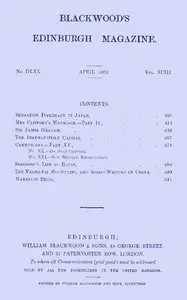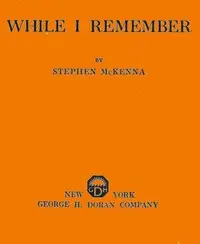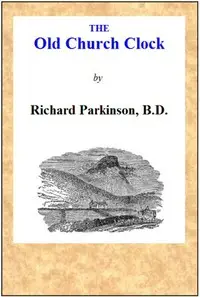"King Richard II" by William Shakespeare is a historical drama that dives into the complex struggles for control and the true meaning of being a king. It tells the sorrowful tale of King Richard, whose bad choices and disloyal advisors cause problems for his time on the throne, and his cousin Bolingbroke, who decides to take over because he thinks he deserves to be in charge. The story starts with a big argument between King Richard and Bolingbroke, which shows the tension between the nobles. Important characters like John of Gaunt and the Duke of York also add to the drama. The situation gets so intense that a fight is planned, but the king stops it and sends Bolingbroke away, hinting at future problems and the king's weak position. The words they use show important ideas like loyalty, respect, and the sneaky politics that eventually cause Richard to lose his power.

King Richard II
By William Shakespeare
When a king's weak decisions lead to a power struggle with his ambitious cousin, the kingdom descends into turmoil, challenging the very essence of leadership and loyalty.
Summary
About the AuthorWilliam Shakespeare was an English playwright, poet and actor. He is widely regarded as the greatest writer in the English language and the world's pre-eminent dramatist. He is often called England's national poet and the "Bard of Avon". His extant works, including collaborations, consist of some 39 plays, 154 sonnets, three long narrative poems and a few other verses, some of uncertain authorship. His plays have been translated into every major living language and are performed more often than those of any other playwright. Shakespeare remains arguably the most influential writer in the English language, and his works continue to be studied and reinterpreted.
William Shakespeare was an English playwright, poet and actor. He is widely regarded as the greatest writer in the English language and the world's pre-eminent dramatist. He is often called England's national poet and the "Bard of Avon". His extant works, including collaborations, consist of some 39 plays, 154 sonnets, three long narrative poems and a few other verses, some of uncertain authorship. His plays have been translated into every major living language and are performed more often than those of any other playwright. Shakespeare remains arguably the most influential writer in the English language, and his works continue to be studied and reinterpreted.



















